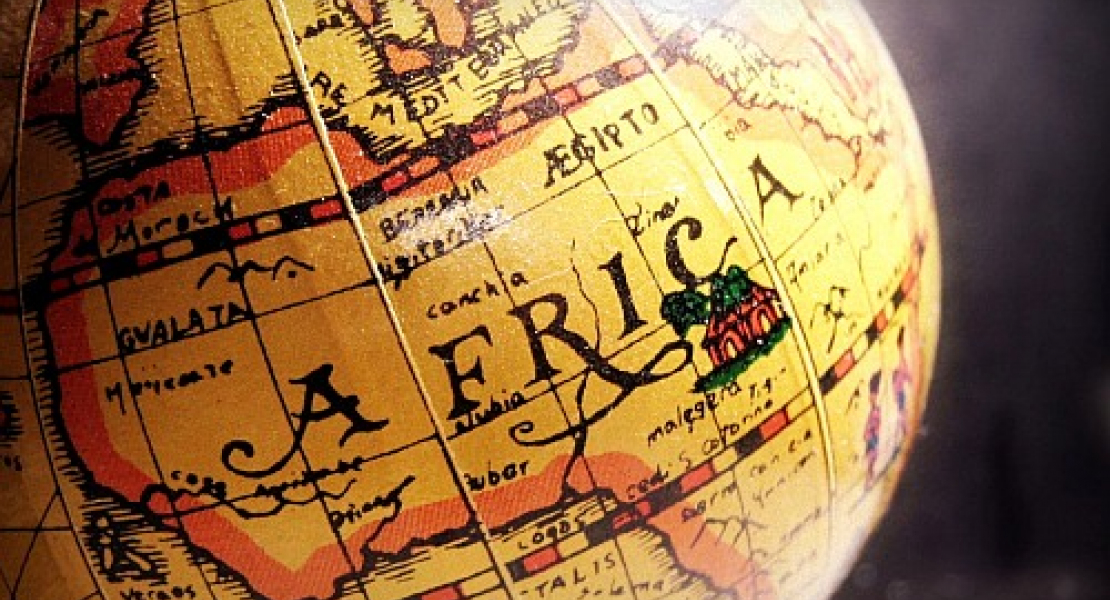Belarus’ policy towards African countries is marked by a pragmatic approach. Aware of the limited resources the Belarusian government and businesses have at their disposal, Belarusian economic agents are cautious in cooperation with African countries. This invariably leads to limited relations with Africa, which probably remains the weakest vector of the Belarusian foreign policy as a whole. After all, there are objective reasons, like the current situation in many of these countries.
In an attempt to avoid risks, Minsk seeks a few separate countries to rely on in less familiar regions. It can be concluded that in Africa the Belarusian leadership staked on Libya as a possible outpost for promoting Belarusian interests not only in North Africa, but also in the regions of sub-Saharan Africa.
The Belarusian policies towards Africa to a large extent followed the old Soviet patterns but were by no means restricted to them. In the 2000s and 2010s Minsk did cooperate first and foremost with two regions, namely North Africa, where the USSR had had close links with Libya, Algeria and until a certain moment with Egypt, and Southern Africa, where the USSR had been heavily involved in Angola, Mozambique and Namibia. However, Minsk did not show interest in the poorer countries of Central Africa and other regions of the African continent. An attempt to establish good relations with Ethiopia – another country that had had close ties with the USSR – ended up in a complete failure. Minsk got involved in Ethiopian internal confrontation and had to give up the idea of developing the relations with this country for years, until Ethiopia had a new ruler in the autumn of 2012.
In the late 2000s and early 2010s Belarus had to rethink its policies towards the developing world on the whole and Africa in particular. One the one hand, some of the key partners were weakened, dramatically changed their policies or were ousted from power, like in Iraq and Libya. On the other, Belarus is adjusting to the reality of the unipolar world and trying to avoid confrontation with the West on issues that are of no vital importance for the Belarusian leadership. Among such minor issues are the relations with the opponents of the West in the developing world.
There have been numerous speculations about alleged instances of selling Belarusian weapons to conflict areas and ‘Belarusian dogs of war’ fighting there. However, an objective analysis gives no grounds to speak of Belarus breaching the international law in its relations with African countries. The related accusations against the Belarusian government were not caused by its actions that might have threatened international peace and security. They were inspired by the political tensions in Belarus or by its obvious competition with western and post-Soviet states in the military and defence technology field or other reasons.
In the early 2010s Minsk was forced to formulate a new policy towards Africa, in fact shifting its priorities. Until then a clear priority had been the relations with North Africa, with Libya and to a lesser extent South Africa as key partners in the continent. At present Belarus has no choice but to await stabilisation in North Africa, meanwhile developing its relations with other African regions. Among them are Southern Africa, where Minsk is trying to extend its contacts to South Africa’s neighbouring countries, such as Mozambique and Angola, Western Africa, with Nigeria and Ghana as prospective partners, and Eastern Africa with Ethiopia as a potential partner.
At the same time, political contacts may facilitate economic cooperation, first and foremost by providing a legal base and administrative support, but in some cases Belarus’ economic and foreign policy ties do not overlap geographically. Thus, Belarus had minimal political contacts with Egypt, Morocco and Nigeria and had practically no political contacts at all with Ghana and Ivory Coast. However, it has active trade with all of these countries; on top of that, trade with Egypt is characterised by a great diversity of exports. And vice versa, the contacts with Zimbabwe actually led to nothing. The political ties with Libya under Gaddafi’s regime may have yielded some economic benefits, but they were certainly incommensurate with the effort.
It should be pointed out that the Belarusian Foreign Ministry clearly understands the role of the African vector in Belarus’ foreign policy and probably does not overestimate it. The relations with Africa give a chance to get some revenues but they cannot have any dramatic influence on the situation. So it is no surprise that only limited resources are allocated to the African vector. The new developments in Belarus’ policies towards Africa, such as the opening of the embassy in Nigeria and the proposed opening of an embassy in Ethiopia, signal that a bit more resources will be allocated, since Belarus has certainly not exhausted the potential for cooperation with African states. Yet, hardly anyone can have an idea that they can compensate for the gaps in relations with other countries. The ties with complement the relations with other regions of the world, rather than substitute for them.
Read the full texts of the research in PDF


